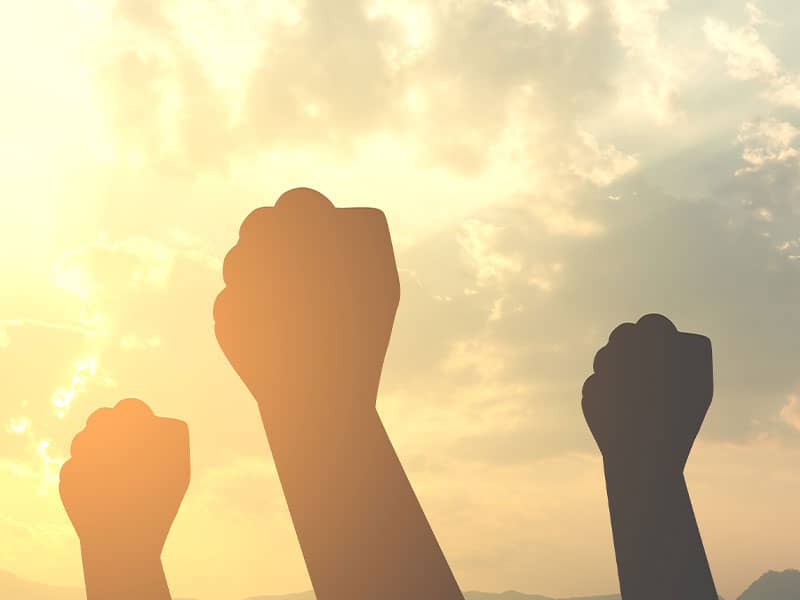To Saif-ul-Islam and other Muslim ministers in the military has fallen the role of explaining Islam to the vast majority of troops who know little or nothing about the ancient faith. The Navy lieutenant, a naturalized U.S. citizen from Bangladesh, will leave soon to join troops in Egypt for a multinational training exercise.
Muslim chaplains and assistants at numerous bases are carrying President Bush's message that the conflict is not between religions but between the United States and terrorism. Muslim chaplain James Yee, an Army captain, has lectured troops at Fort Lewis in Washington state. And at Fort Campbell, Ky., Army Staff Sgt. Taqwa Ali, a chaplain's assistant, is briefing soldiers who may soon deploy to the Middle East.
Qaseem Ali Uqdah, a retired Marine Corps gunnery sergeant and director of the Virginia-based American Muslim Armed Forces & Veterans Affairs Council, plans an Islamic education program for bases across the country. He says that while there have been isolated cases of Muslims in uniform being subjected to insulting comments, he remains confident that military commanders are dedicated to a zero-tolerance policy toward such harassment. "This horrific event is not going to divide Christians, Muslims and Jews," Uqdah said.
To accommodate an increasing number of Muslims in the U.S. military, the Pentagon in recent years has redoubled efforts to add Muslim chaplains and educate military personnel about the religion. Officials hope that those efforts will now help blunt the potential impact of fiery rhetoric from bin Laden and others that the United States is planning a holy war against Muslims. "Now is a good time for Muslims in the military to be a moderating voice, to play a role in showing everybody that Islam is not a religion of extremists," said Ingrid Mattson, Islamic studies professor and director of a program at the Hartford Seminary training Islamic chaplains for the U.S. military.
Of 1.4 million active-duty personnel, the Pentagon estimates that 4,000 are practicing Muslims. Uqdah's group puts the number at closer to 10,000. There are 17 accredited Muslim chaplains in the military and possibly double that many chaplain assistants. The first Muslim chaplain joined the Army in 1993. Saif-ul-Islam was the second Muslim chaplain in the Navy and the first to serve the Marine Corps.
Retired Col. Fred Peck, the top Marine Corps spokesman during the U.S. intervention in Muslim-dominated Somalia, said the Muslim chaplains offer an invaluable means of preventing religious misunderstandings that could undercut troop readiness. "What better way to communicate across cultural lines than to have officers (chaplains) who can both serve troops of their own faith and also help the vast majority of troops understand that faith better?" Peck said. "I think we should have a lot more."
On Nov. 30, Pentagon officials plan to sponsor their fifth annual Iftar, a Muslim observance marking the end of the fasting period of Ramadan. "If bin Laden and others want the world to think the U.S. is the Great Satan, it's important that the world knows the truth: that America is Christians, Jews, Muslims, all praying together," Uqdah said.

